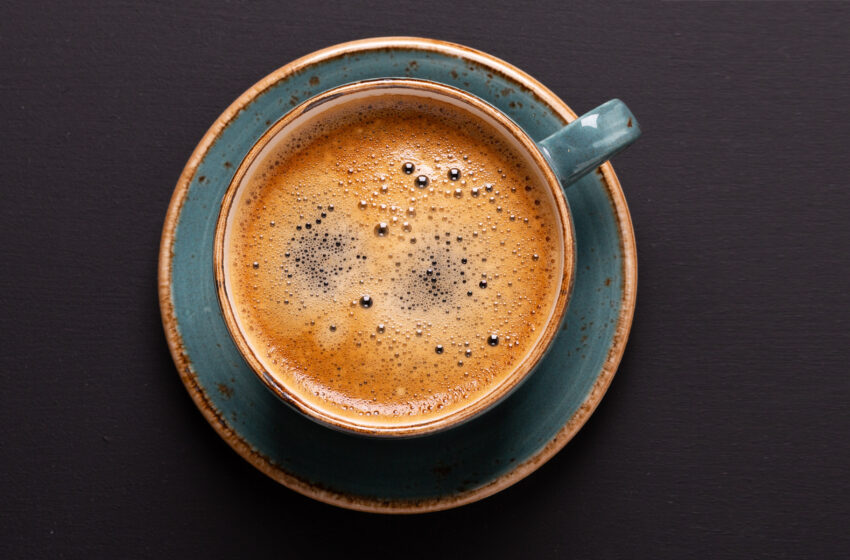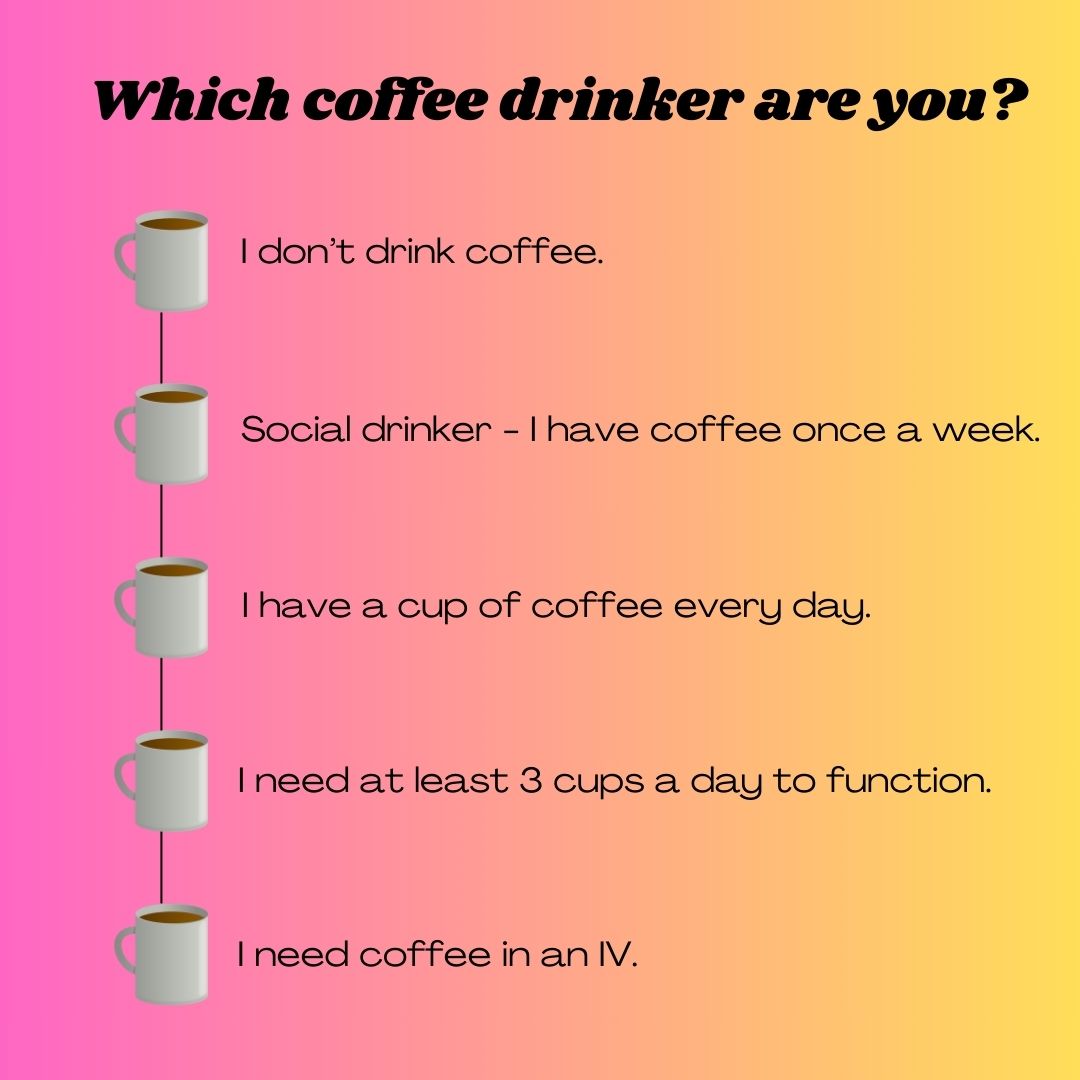
‘Coffee Culture’: Are You Caffeine Dependent?
For many, the daily cup of coffee is a treat, but for others, it is a repetitious necessity. Caffeine is the most commonly used drug in the world, with approximately 90% of adults consuming it daily.
The harsh truth is that the extent to which some people drink coffee can be excessive. Some drink one cup of coffee per day, whereas others get through ten cups before lunch. Some people feel they only need a caffeine hit to function in the morning, but others have to depend on regular refuels just to maintain a level of focus. There is a culture around coffee drinking in the workplace as well as in social spaces – think meeting a friend for coffee or having a morning coffee with your partner. Midday coffee dates have become the modern alternative to going out for an evening drink. The ‘coffee culture’ has expanded even more since most places serving coffee now also offer iced coffee drinks, suiting a variety of tastes.
The Grip of Caffeine Dependency
Caffeine enters the bloodstream very quickly, causing a near-instantaneous spike in energy. Chemicals released in the brain from caffeine, such as dopamine – the ‘reward’ hormone – cause people to feel uplifted, energetic, and alert. Thus, excessive coffee drinkers may feel low and depleted when they haven’t had their daily cup. This, in combination with caffeine’s addictive properties, can lead to severe dependency. Consistent coffee drinkers can build up a tolerance to caffeine, meaning they then need to drink more to feel that same uplifting effect.
Although consumption of small to moderate doses of caffeine is generally safe, an increasing number of clinical studies are showing that many caffeine users are becoming dependent on the drug. They cannot reduce consumption despite knowledge of recurrent health problems associated with continued use. Symptoms of caffeine withdrawal include headaches, irritability, fatigue, anxiety, difficulty concentrating, depressed moods and tremors. If someone has not had their morning cup of coffee, the frustration and irritability it will cause can significantly affect their mental well-being.
Brewing Inflation
Another issue with the booming ‘coffee culture’ is the insane increase in the expense of coffee. When going out for coffee and cake, you can end up breaking into a £20 banknote in one sitting. For example, Caffé Nero coffee prices range from £3 to £5. Independent stores have to match these prices due to the competition. A £5 cup of coffee is extortionate! More and more people will now make their coffee at home – picking one up on the way to work has become a luxury they cannot afford. Long story short, coffee has become too expensive. In a culture where coffee is so beloved, it is a shame that the increased prices have put people off from buying a nice, barista-made hot drink.
Overall, the need to drink coffee has become a social and cultural aspect, as well as being used to energise the body. We have to consider to what extent people rely on coffee for physical purposes, or simply enjoy it, and whether café-bought-coffee must only be considered a luxury. Ask yourself: do you simply enjoy coffee, or have you become dependent on its caffeine?



